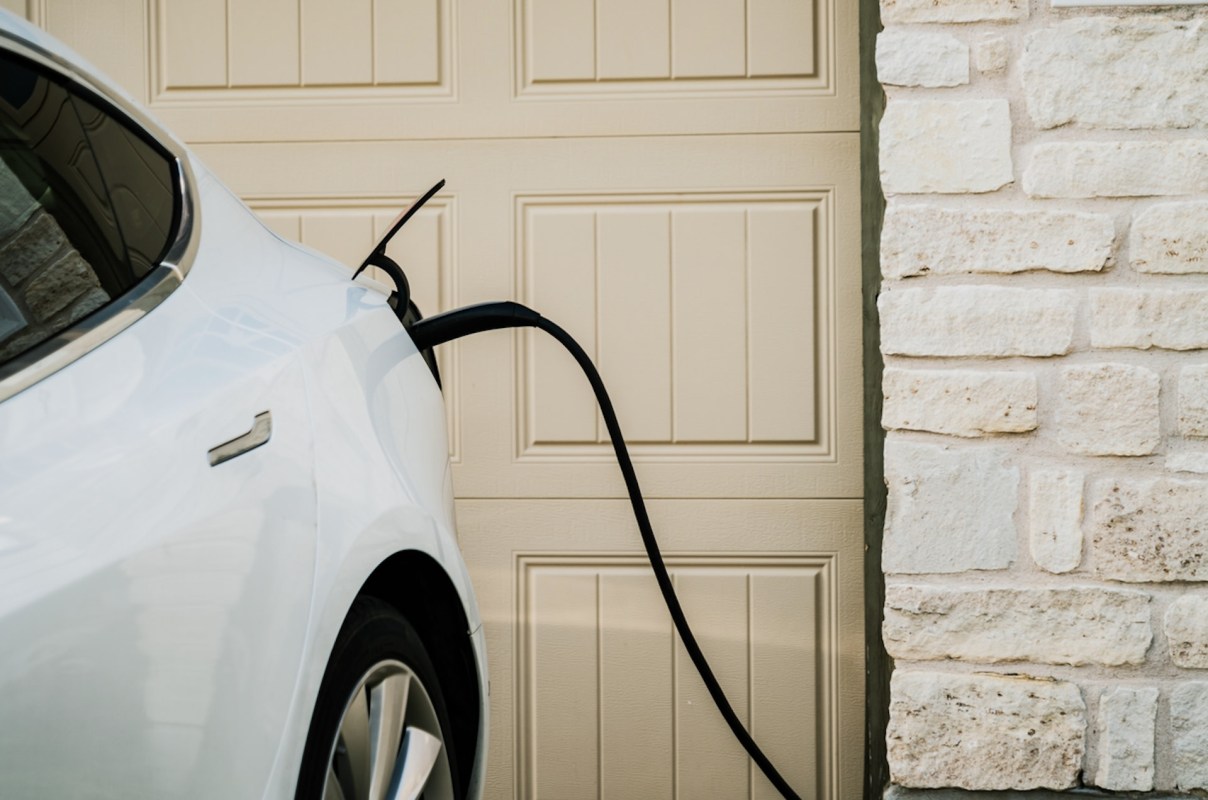Renters may be more likely than homeowners to encounter obstacles when trying to make money-saving and environmentally conscious lifestyle changes such as buying electric vehicles.
One Virginia townhome resident illustrated a potential pitfall, taking to the r/evcharging subreddit for advice. The poster, on a volunteer homeowners association board, asked about installing electric vehicle charging stations at parking spaces and how the HOA should be insured for homeowner-installed chargers on community property.
"We're having to have individual homeowners do this because the costs to install a power panel at each parking structure are astronomical due to the lack of nearby electrical service; it would cost between $50 and 100k, and it's a 60 unit HOA," they wrote, noting in the comments that the estimate was for utility work alone.
"We just don't have the EV adoption or interest to justify that yet. But it costs about $5k for an individual owner to run a line from their townhome to their assigned spot, and we have a few early adopters who want to do that. We want to allow that, but it's a weird situation since they are making a permanent improvement to a piece of property they don't own."
The EV charging committee in searching for model policies found some homeowners must carry $1 million in liability insurance. They stated that it appears California and Florida are at the forefront of such regulations, as they do not allow HOAs to prohibit EV charger installations but also require insurance coverage.
An insurance agent from the community said no company would cover the situation because the chargers would be on HOA property and not those of homeowners.
The problem illuminates one issue preventing wider EV adoption: the lack of charging infrastructure. But renter remedies exist, including right-to-charge laws (there is one on the books in Virginia), as the Washington Post reports.
Commenters were helpful too, providing potential solutions.
"In a similar situation we got around that by having the HOA hire the sparky, with the individual owner reimbursing the cost," a user from California wrote. "Then the HOA owns the wiring like any other lamppost or whatever: and it just slides under the existing liability policy."
Someone else said: "Are there any incentives from the state or power company that could offset the cost of having the HOA do it, with some buy in from the early adopters? Here in Massachusetts, I think there are state incentives as well as rebates from the power company, even for multi-unit situations."
It's all for the benefit of bank accounts and the planet. Charging an EV is less expensive than gassing up an internal combustion engine vehicle. It's also cheaper to maintain an EV, which produces zero tailpipe pollution compared to 10,000 pounds of annual carbon dioxide pollution per ICE vehicle.
Join our free newsletter for easy tips to save more, waste less, and help yourself while helping the planet.









